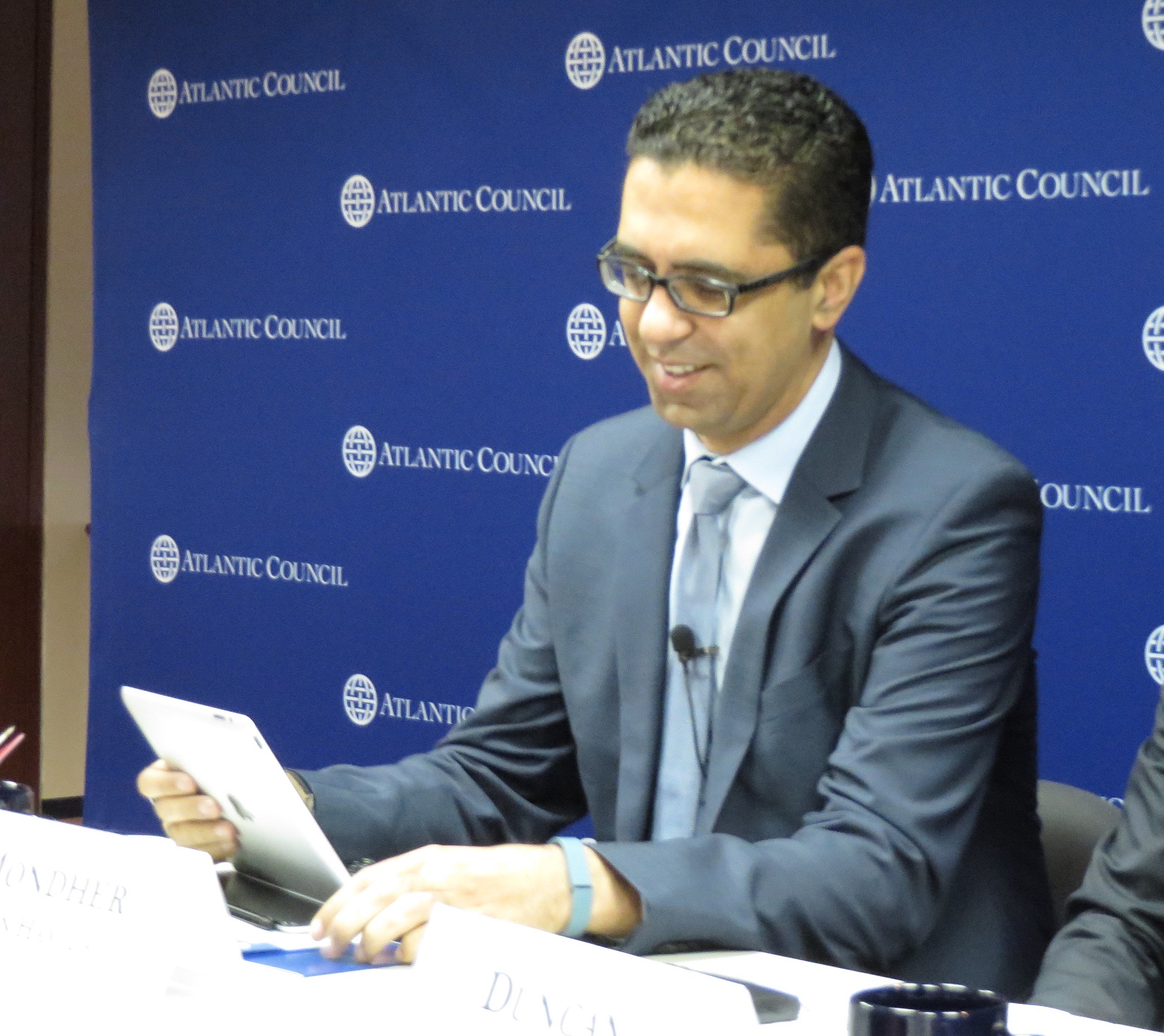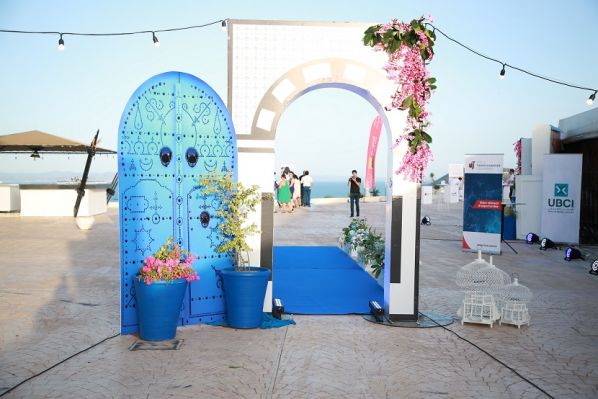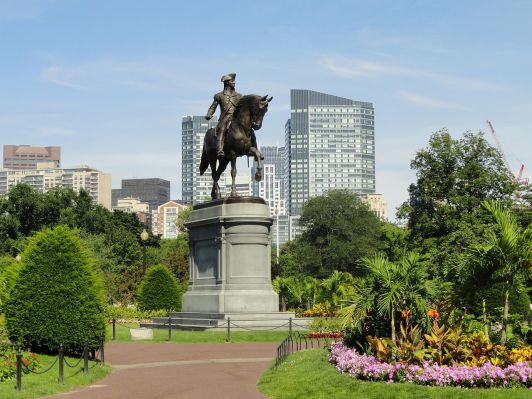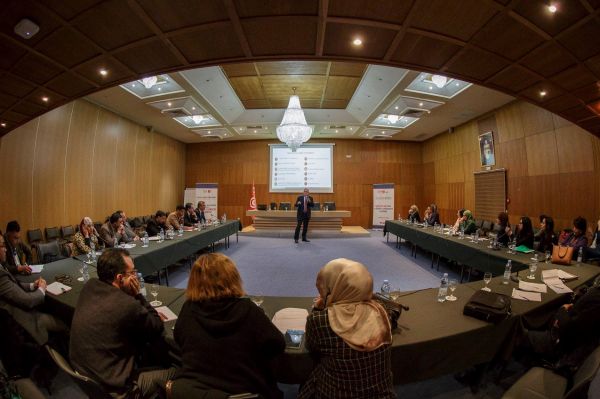No Longer in a Temporary or Transitional State, Can We Now Get to Work?

I was in China during the run-up to the legislative elections and couldn’t fulfill my civic duty. I made it back to my home in Los Angeles Saturday evening and was seriously considering flying to San Francisco (the closest polling center) to vote. Little did I know that while living in Chicago in 2011, voting at our Embassy in DC for our first democratic elections had recorded me as a resident of the capital in the eyes of ISIE. I resigned myself to being a spectator this time around while hoping that this process will improve. Participatory democracy in the internet age needs to evolve and catch up with the times. Too many members of the Tunisian diaspora here in North America and elsewhere ran into issues while trying to fulfill their civic duty. As a young democracy we cannot afford to lose potential voters because the process is too archaic or cumbersome. We have already witnessed a significant drop (-25%) in participation compared to 2011; mostly young people who didn’t care or chose to stay home and boycott this critical round.
This is a worrisome development if not a trend. For a nation that is experiencing its second real election, the disenchantment with the process seems to be settling in way too quickly. This trend has got to be reversed and the first step towards that goal entails ensuring that ISIE is staffed with right people and equipped with the best processes and tools to make the voting process as simple and as flexible as possible. Let’s not reinvent the wheel. There is no shame in learning from other nations and improving upon what they have already done. For instance, electronic/distance voting and same-day registration should be considered.
And yet, while it is quintessentially Tunisian to complain, criticize and have an opinion on everything, we have to agree that in spite of some hiccups, we have managed, yet again, to make ourselves proud. We continue our slow, somewhat shaky but directionally correct walk on the path of democratic maturity. This is perfectly normal, even essential in the long run and what’s why I feel a great sense of pride in what we should refer to as the “Tunisian Exception”.
Being in China while the political debate in Tunisia was reaching fever pitch was an also opportunity to reflect on the Tunisian experiment from two angles:
1- Dictatorial Order vs. Democratic Chaos for developing nations
For many the Arab Spring started as a fairy tale of the awakening of an entire race, one long considered unfit or not ready for democracy, before turning into a bloody mess. Those who long argued, in a rather self-serving way, that the Arab world needs strong top down leadership are reveling in the chaos that’s ravaging Libya and Syria. Which brings me to the Chinese model. Many in Asia are using what they perceive as the negative outcome of the Arab Spring to openly discuss whether an authoritarian regime like the Chinese is more appropriate for their developing (read immature populations) countries. The model is also being openly explored in sub-Saharan Africa where Chinese influence has steadily grown over the last decade.
This is nonsense for the winds of change take time to settle and we need to show patience as we continue this evolution. In spite of a dysfunctional constitutional assembly, a number of political assassinations and a morose economy, the Tunisian experiment lives on. Let’s focus on the positives and accept that structural change is a marathon not a sprint. The fact that our warring political factions managed to come together and reach consensus on the constitution and on the need for a technocratic government is a great testament to the Tunisian gene of common sense. I truly believe that we should be tremendously proud and happy that we didn’t follow Egypt’s lead into “democracy-reversal.” What came at a great cost to our Egyptian brethren has been quickly dismantled simply because people couldn’t wait for the democratic experiment to run its course.
We, Tunisians, deserve democracy and should be reminding ourselves that there is no turning back. By the same token, we should be cognizant that democracy is not a mythical concept. It is messy, painful and requires stamina. Neither Ennahdha in 2011 nor Nidaa in 2014 mean we have to choose between a confused political Islam and an apparent return to the old regime. The two elections are simply chapters 1 and 2 in our democracy manual. We are learning and evolving.
2- Can Democracy Thrive without Economic Development?
Economic prosperity is almost always a guarantor of political stability whether the prevailing regime is democratic or authoritarian. You can see this axiom in action with polar opposites like Germany sticking with Merkel and the Communist Party in China continuing its policy of full employment and economic development to neutralize potential for dissent at its source: keep people content with their overall well being and nobody will challenge your power.
The risk I see for our beloved Tunisia is that we wasted too much time over the last 3 years arguing about politics and not making much progress on the economic development front. This needs to change and we are all hoping that a government with a good majority will have the willpower and legitimacy to push forward a number of key structural reforms. It is time to modernize our banking sector and spur investment in infrastructure and entrepreneurship. The preponderance of youth in our society requires creative solutions to tackle the high unemployment that’s depressing countless Tunisians and crippling the economy. The greatest danger is neither terrorism nor democratic regression because some figures of the old guard are back but rather a lack of jobs and a sense of slow regional development.
My hope, therefore, is to see us wrap up this election cycle and get to work as a nation. The government needs to maintain a technocratic model and tap into the great reservoir of Tunisian intelligentsia at home and especially abroad to have people with experiences and ideas help turn the country into a business friendly environment that is appealing to both domestic and foreign investors. And we, the Tunisian diaspora, need to do more. We should invest in the youth back home and encourage risk taking and innovation to help transform the economy. We also need to use our label as cultural bridges to convince western powers like the US that supporting Tunisia now is more critical than ever.
related news




About the author
Mondher Ben Hamida